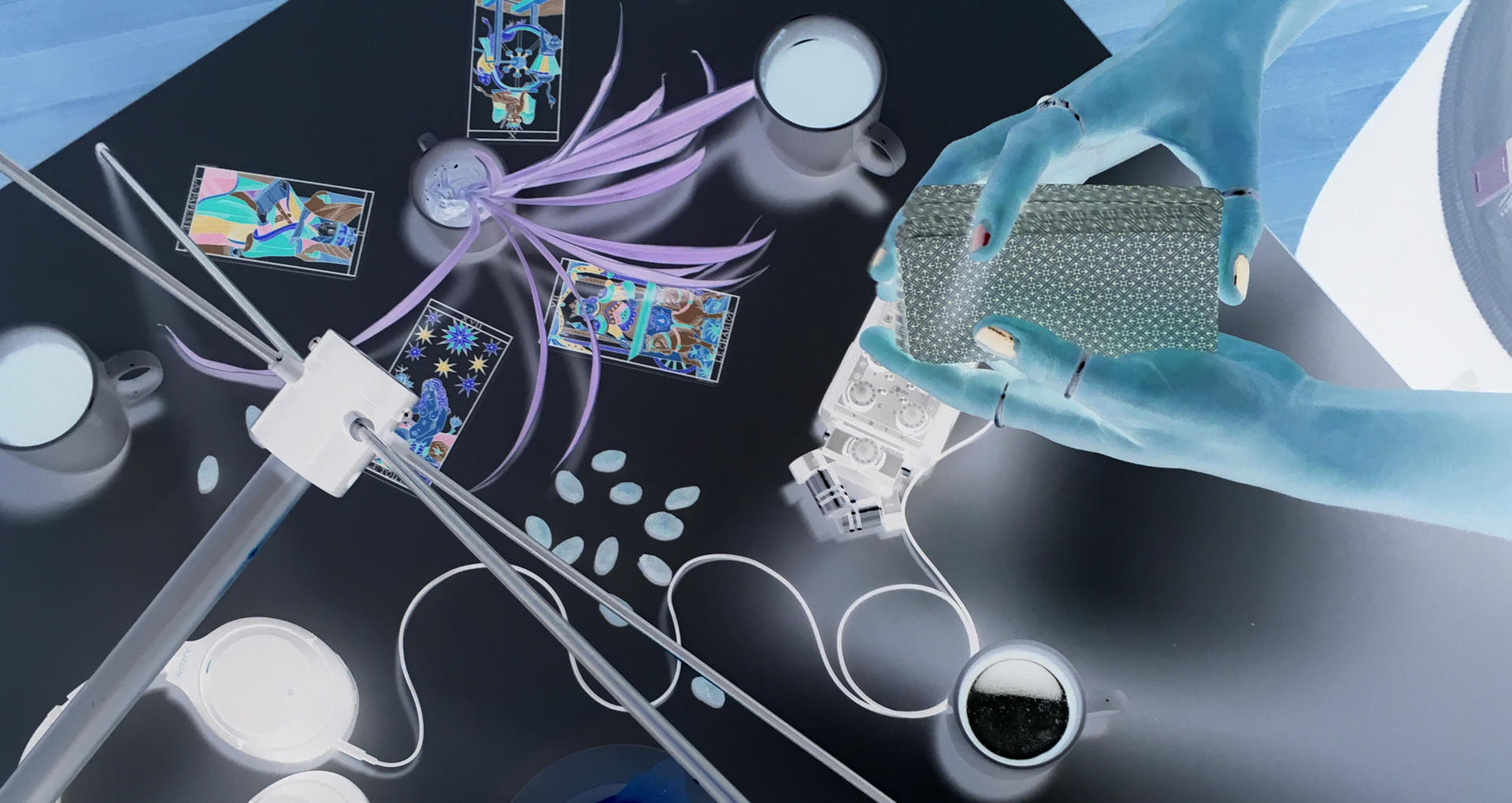
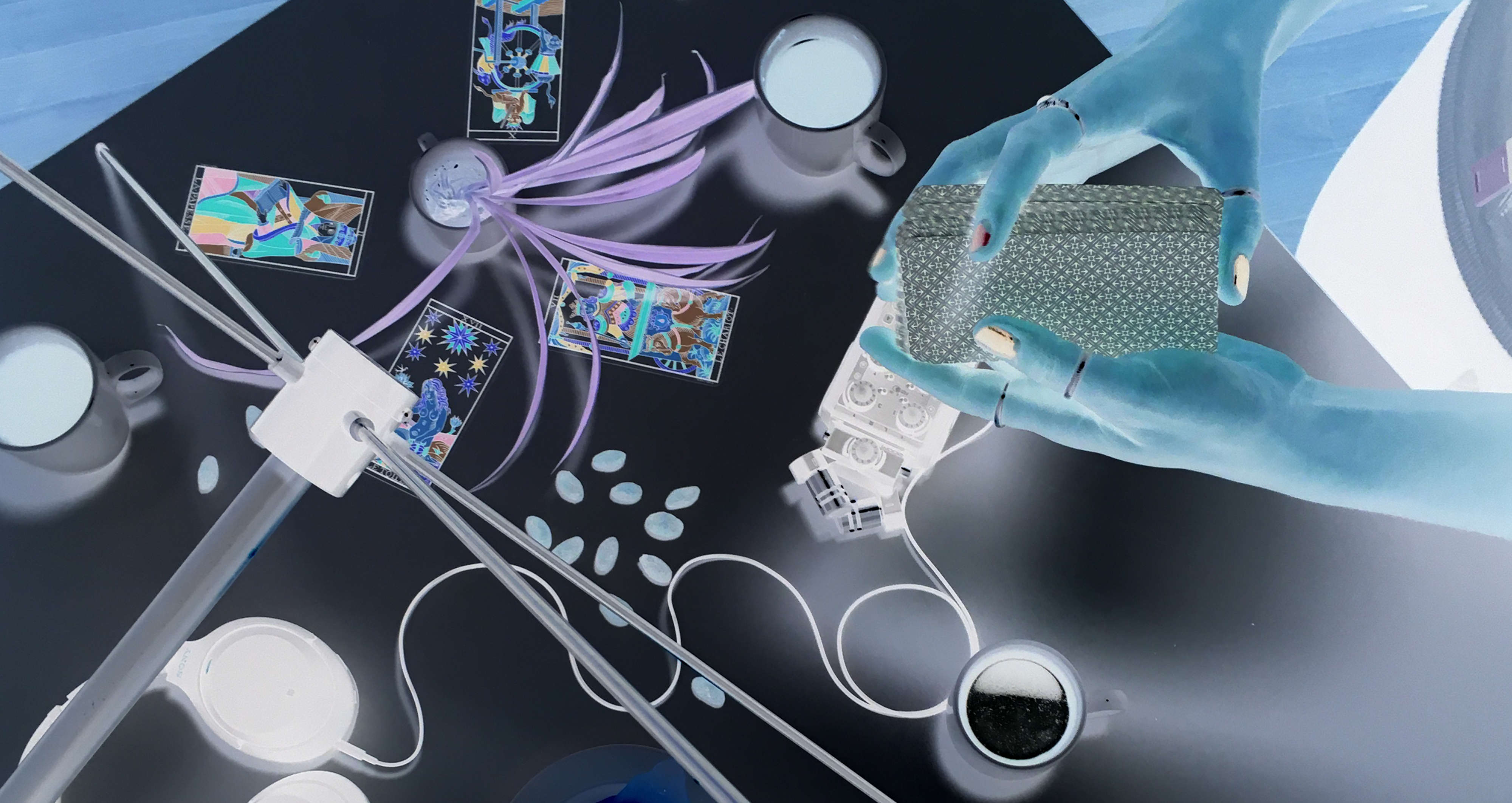


Aouefa Amoussouvi / Berlin, Germany | Sasha Engelmann / London, UK | Olivia Berkowicz / Göteborg, Sweden
Castle of Crossed Destinies is a transnational experiment in feminist solidarity using divinatory tools and creative techniques for collective knowledge production. For the sixteenth Web Residency »Solidarity is a verb,« the collective started developing a card game. The game introduces the three technologies of tarot reading, DIY pirate radio, and raw cacao, and applies guiding principles for practicing techno-feminist visions.
The collective is named after writer Italo Calvino’s book The Castle of Crossed Destinies and was initiated as a 3-part sonic project by geographer Sasha Engelmann, curator Olivia Berkowicz and curator and biophysicist Aouefa Amoussouvi whilst being fellows at Akademie Schloss Solitude in 2020-2021. The Castle of Crossed Destinies encounters merge rituals, technologies, feminist narratives in science and art, as well as personal experiences and reflections on transgenerational memories and migrations.
Sasha Engelmann is a London-based geographer exploring interdisciplinary, feminist and creative approaches to environmental knowledge making. She collaborates with artists and activists to investigate different ways of sensing and our environments that reach beyond models of capture and enumeration. She is an active member of the Aerocene Community and a co-founder (with Sophie Dyer) of the feminist project open-weather. She holds a Lecturership in the GeoHumanities at Royal Holloway University of London where she teaches at the intersection of geography and the arts and humanities.Link to Bio
Olivia Berkowicz is a curator, writer and editor. She works at the intersection of critical visuality studies and contemporary art theory, manifesting itself in work on memory, translocality and alternative solidarities. Her previous studies include an MA in curatorial studies (2016) and a BA in History of Art (2013), at Stockholm University/Sweden and Goldsmiths College, University of London/UK respectively. Link to Bio
Aouefa Amoussouvi is a research scientist based in Berlin/Germany. Currently, she is researching on history and alternative narratives of science in the prism of intersectional feminism and coloniality. Especially, she is exploring how the development of digital technologies creates opportunities as well as ethical challenges within western and non-Western contexts. Link to Bio
Please grab and slide the background of the desktop.
You can highlight certain parts using a pointer device and click these sections to get to the three
project contents.
Call
Page @ Akademie Schloss Solitude
www.akademie-solitude.de
Webresidencies
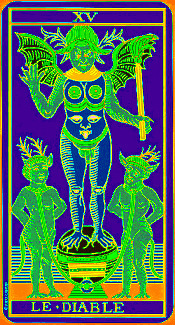
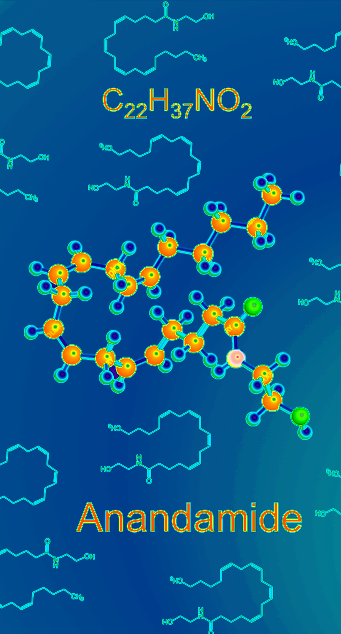
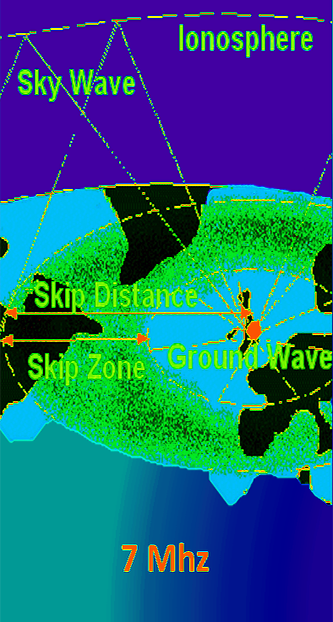
Welcome, player, to Castle of Crossed Destinies. We urge you to enter, please. Don’t hesitate.
Imagine you are traveling in a forest, and you come upon a secluded inn. There is glowing light in the
window. You knock on the door, and are invited inside. There, around a sparse wooden table, you find a
group of other travelers who have taken rest on their journeys. As you remove your coats and stow your
belongings, you attempt to introduce yourself, and you realise you have lost the capacity to speak.
The other travelers gesture to three stacks of cards on the table. They are illustrated and marked with
numbers and words. Each stack appears to have different properties. The cards are spread in front of
you, and you understand you should choose one card from each pile. These cards, you realise, are the
shared language in the group. They are props for telling your story to those listening, and they are
devices for asking questions of yourself and other travelers.
Choose one card from each stack. As you pick one and turn it over, an image appears and the card speaks.
It will tell you a story about itself and ask you some questions that you may ponder over alone or with
a fellow player. Listen to the card speaking, as it encourages you to think about how different forces,
narratives and molecules affect your body and thoughts. Let’s speculate together and think about how we
can recount new stories about ourselves and our relations which travel across multiple scales and
perspectives.
In a near future, COCD will be presented as a card game to be used in everyday spaces and workshops. The
cards presented here are prototypes from three ‘houses’ that will ultimately make up the game. Also to
make the game more sensuous, we will also record the monologues of the cards as spoken voice tracks that
one may listen to whilst playing.



TIER.cast is a series of sonic encounters creating a platform for interdisciplinary intimate, process
rather than goal-oriented listening sessions. Guests are invited to discuss and present with voices and
sounds their past and current projects, intellectual and personal inspirations, methodologies and
practices.
It is a journey through voices, music, noise, sound and silence.
The first edition is a three-way conversation with curator Olivia Berkowicz, geographer Sasha Engelmann
and new co-director of TIER and biophysicist Aouefa Amoussouvi. They discuss radio, rituals,
technologies, feminist narratives in science and art, as well as personal experiences and
transgenerational memories & migrations. This encounter focuses on the practice of tarot.
Episode made in collaboration with the Akademie Schloss Solitude.
Sound Design by Sara Pereira; mix&mastering@Living Note Studio
The Castle of Crossed Destinies is 3-part sonic project with geographer Sasha Engelmann, curator Olivia
Berkowicz and biophysicist Aouefa Amoussouvi. Part 2 focuses on Engelmann’s project open weather, earth
sensing, radio technologies, feminist divination practices as well as transgenerational memories &
migrations.
The project departs from Calvino’s book The Castle of Crossed Destinies (1973). In the tale, a group of
travellers meet in a tavern in the woods. Afflicted by a strange predicament that affects their capacity
to speak, they turn to tarot cards to tell stories about one another. Situated in pandemic times, the
conversation conjures vocabularies, glossaries and sounds. Moving in a circular motion, three fellow
travellers explore stories within stories within stories.
Sound design: Sara Pereira
Sound mix&mastering @ Living Note Studio
http://theinstituteforendoticresearch.org/wp/projects-current/tier-cast/
Episode made in collaboration with Akademie Schloss Solitude
The Castle of Crossed Destinies is 3-part sonic project with geographer Sasha Engelmann, curator Olivia
Berkowicz and biophysicist Aouefa Amoussouvi. Part 3 focuses on Amoussouvi’s practice with raw cacao and
her research on the science, rituality and the entanglements with imperialism of this food
commodity.
The project departs from Calvino’s book The Castle of Crossed Destinies (1973). In the tale, a group of
travellers meet in a tavern in the woods. Afflicted by a strange predicament that affects their capacity
to speak, they turn to tarot cards to tell stories about one another. Situated in pandemic times, the
conversation conjures vocabularies, glossaries and sounds. Moving in a circular motion, three fellow
travellers explore stories within stories within stories.
Sound production & mix by Sara Pereira (and a thanks to Rosa & Altes Finanzamt)
http://theinstituteforendoticresearch.org/wp/projects-current/tier-cast/
Episode made with support of Akademie Schloss Solitude
In Conversation — Nov 30, 2021
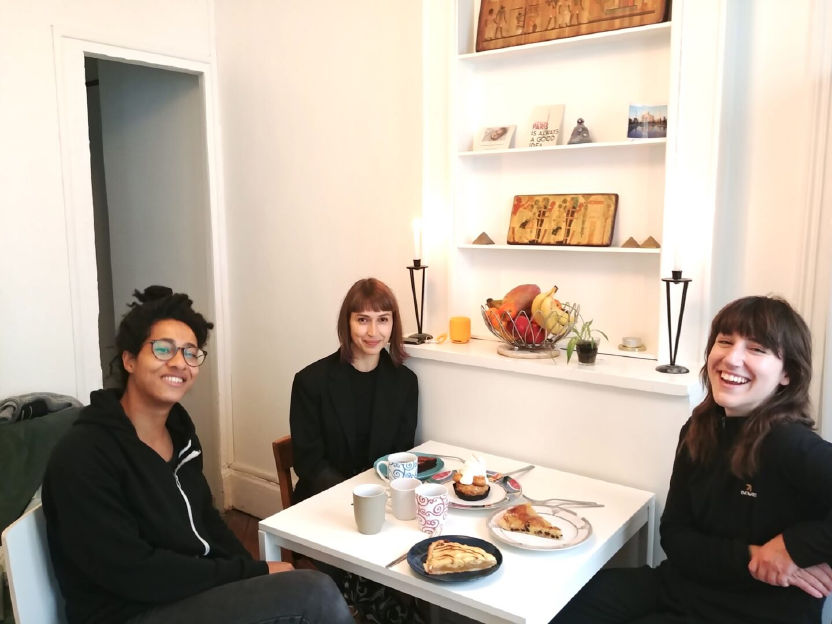
Curator and biophysicist Aouefa Amoussouvi, geographer Sasha Engelmann, and
curator Olivia Berkowicz in Paris, 2021.
In this interview, Aouefa Amoussouvi, Olivia Berkowicz, and Sasha Engelmann speak about Italo Calvino’s story »The Castle of Crossed Destinies,« the game’s three prototype cards, and why sharing our stories with each other is a form of solidarity.
Digital Solitude: Can you introduce us to your collective? What is your process of working
together?
Castle of Crossed Destinies: We are Aouefa, Olivia, and Sasha, and we come from different fields
and practices. We met while on residency at Akademie Schloss Solitude between summer 2020 and spring
2021, which was marked by a very specific time of restricted travel and a sense of uncertainty about the
future. We discovered a shared interest in radio, storytelling, and intersectional feminisms. During the
winter months at the residency, we started meeting every Sunday to read and discuss texts together,
while bringing our respective interests to the table and reflecting on how the personal, poetic, and
political could be explored through our sessions. We took a cue from the Italian writer Italo Calvino’s
story »The Castle of Crossed Destinies,« which offered us the strategy of using our different props for
investigating new forms of sense-making in a situation in which we were searching for alternative
vocabularies.
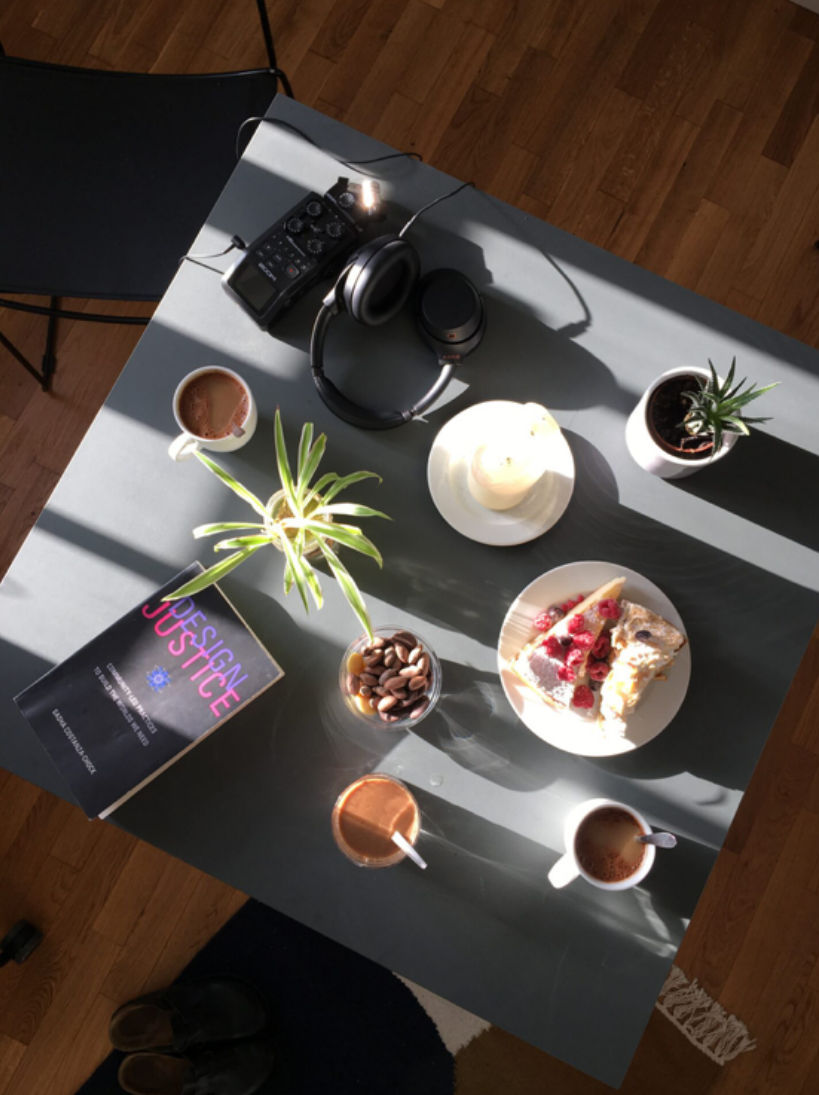
During a recording session of TIER.cast hosted by Aouefa Amoussouvi, Olivia
Berkowicz and Sasha Engelmann, Akademie Schloss Solitude, 2020.
Digital Solitude: What is your understanding of solidarity and how does it translate into
your practice?
CCD: »The Castle of Crossed Destinies« perhaps offers a metaphor for our approach to solidarity.
It describes a group of strangers meeting in a forest inn during the darkest part of winter. When the
strangers realize that they have lost their capacity to speak, they use a deck of tarot cards to tell
their life stories to each other. Tarot becomes a vehicle and platform for a common space of
exchange.
Our collaboration took a similar format, in that we focused on three different tools for sharing our
stories with each other and building a collective methodology. This was not a collaboration founded on
existing work, institutional positions, or disciplinary backgrounds. It was rather about meeting each
other in physical and sonic spaces through the interventions of raw cacaorituals, amateur radio
experiments, and tarot card readings. What emerged was an intimacy and a mode of understanding each
other unique to this collaboration. For us, this is a form of solidarity.
Digital Solitude: For the Web Residency, you chose to bring the practices of tarot reading,
DIY pirate radio, and raw cacao rituals into a common dialogue by developing a card game. How do you
imagine that this game will activate those different »frequencies« and the crossing, imagining, and
exchanging of a set of thoughts? Can you unpack your interest in tarot/card games?
CCD: Tarot cards, radio antennas, and raw cacao beans are all »props« that we use to ask
questions about our environments, our memories, and our relations to community and scale. These props
operate in different modalities. While a raw cacao ritual attunes us to our biochemical and embodied
feeling-states, a radio antenna gives us access to frequencies that have traversed cities, oceans, and
continents. Tarot offers a set of archetypes through which to pose questions about identity and ways of
being. Yet, within each of these props there is significant complexity. Raw cacao derives its power from
many different chemicals that produce different embodied states; a radioantenna receives a range of
frequencies simultaneously; a tarot deck has many figures, from the Major to Minor Arcana. In the game,
we wanted to draw from this complexity to cross-pollinate and intersect the chemicals of raw cacao, the
frequencies of radio, and the archetypes of tarot. This allows us to hone in on the variations and
nuances within each of our practices while speculating on how they might inform eachother and sharpen
the questions we ask of ourselves and our work as feminists.
Digital Solitude: In the long run you aim to create three card decks based on the Major
Arcana. During the Web Residency, you begin with creating one figure from each deck. Can you tell us
more about those three figures?
Indeed we want to develop three carddecks or »houses« based on the chemicals of raw cacao, the
frequencies of radio, and the archetypes of tarot, respectively. To present the game, we developed three
prototype cards with the figures of the molecule anandamide, Le Diable and the 7 Mhz radio frequency and
accompanying monologues which introduce the cards to the players.
Anandamide is an important neurotransmitter present in raw cacao. It is responsible for »runner’s high«
and our brain produces it when we exercise, meditate, cuddle, listen to relaxing music, or stroke a pet.
We created the anandamide card to invite the reader to consider joy, delight, and self-care as radical
political practices.
Seven Mhz has long been a favorite frequency of radio amateurs, and has the peculiar ability to travel
locally during the day,and over oceans and continents at night. We felt this frequency offered a series
of queries about locality and translocality, the ways we are simultaneously invested in our immediate
communities, yet connected and entangled with places and communities we have never visited.
Le Diable, also known as the Devil, is the fifteenth card of the Major Arcana in the tarot deck. The
Devil spoke to us as a card that questions established norms and institutions through unbounded desire
and creativity. It can also be interpreted as more queer than others of the same deck, as it portrays a
figure of multiple genders. So, the Devil questions narratives of the Self, of how one formulates desire
and disobedience and puts that into action.
Digital Solitude: How did your proposal develop during the Web Residency?
CCD: Over the period of the residency, we met online weekly. Our initial idea to lead a workshop
in Berlin quickly became unfeasible due to time and budget constraints. Early in the residency, we
landed on the idea of producing a game that would ultimately become a diagram or a format for future
workshops or for individual/collective moments of play.
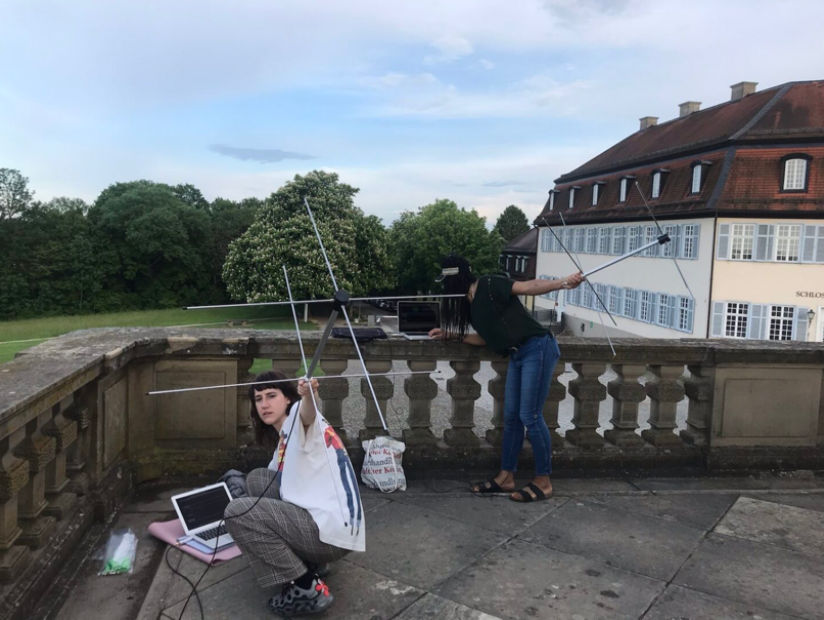
Olivia and Aouefa using an antenna to explore feminist approaches to weather
sensing and embodied methods for decoding satellite transmissions. Find out more about this research
on Sasha Engelmann's website https://sashaengelmann.com
Digital Solitude: Your individual approaches as artists are multidisciplinary, from
exhibition making to research-based and field works, to audiovisual encounters and multisensorial
pieces and workshops. How do you intend to facilitate these multisensory experiences and encounters
within your Web Residency project?
CCD: This is something that has been very important to us when doing the trilogy of the »Castle
of Crossed Destinies« sonic interventions. We did the recordings in one of our studios, where we set up
a table full of props and objects that served to trigger the conversation. Every session was hosted by
one of us and our respective props, whilst weaving in and out of personal memories, feminist theory, and
histories of our technologies. Our encounters were always accompanied by something to eat or drink, and
objects that triggered sensorial experiences.
The game will serve as an embodied tool or technology for future workshops, with prompts for exploring
your body in relation to your environment. To make it more sensuous, we will also record the monologues
of the cards as spoken-voice tracks that one may listen to while playing. In a workshop setting, we may
also involve aspects of meditation, live radio tuning or raw cacao. This is something that we’re
currently experimenting with to bring the cards into the realm of the senses.
Digital Solitude: For translating your intimate physical experiences into a collective
(digital) encounter, you will need a clear structure, clear principles, and rules. Is there already
a concrete direction here?
CCD: Yes! The game has a clear, yet open-ended structure for self- and collective discovery. The
querents will pick one or several cards with an intention in mind – very much like a traditional tarot
card reading. The cards will be read and interpreted alone or together to provoke further reflection and
self-questioning. In contrast to other games, there is no scenario of »win-lose.« More closely related
to speculative fictions and divination, the Castle of Crossed Destinies game will center subjective
explorations of the mind-body connection and the dynamic relationships between individuals and
collectives.